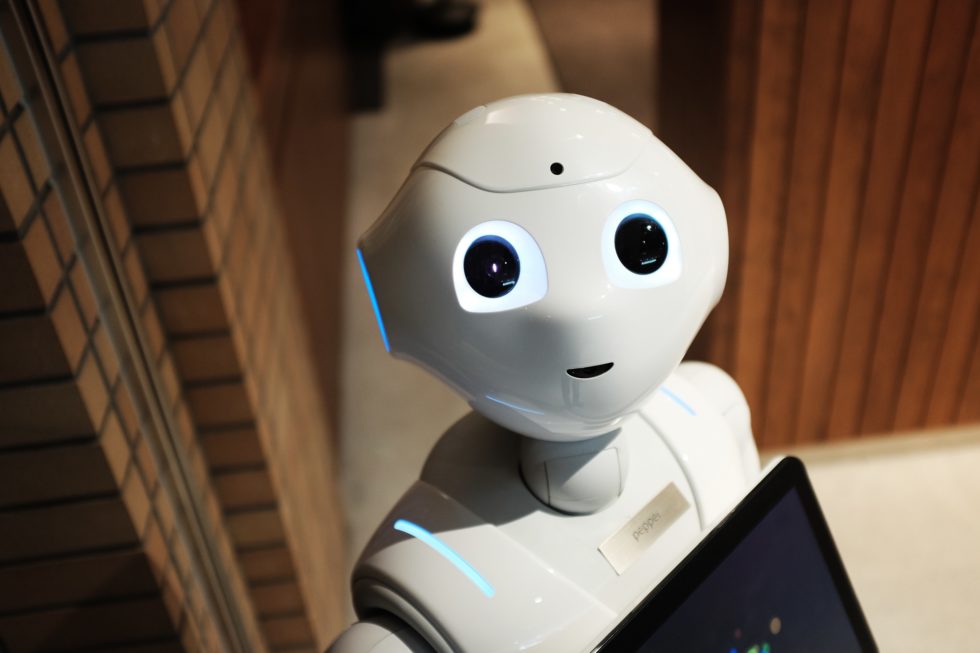We’ve seen therapy cats, dogs, horses and now — robots?
Earlier this year, Chai Lifeline announced that it would be launching Zenbo, a companion robot, to help Toronto-area children stay spirited in the face of illness and isolation. This cheerful bot was programmed by the Faculty of Business and Information Technology at Ontario Tech to provide specialized support, entertainment, and educational opportunities to sick children. According to a report from the Globe and Mail, the pilot project will last six months and connect several families with Zenbo tech.
Organizers for Chai Lifeline have made no secret of their excitement for the innovative initiative, noting that given the severe impact that loneliness and isolation can have on a patient — and particularly a child — the day-to-day social support that Zenbo stands to offer is significant.
“This is an opportunity for us to give a child a friend who can’t get that child sick,” Mordechai Rothman, Chai Lifeline Canada’s executive director, told a reporter for the Canadian Jewish News. “It doesn’t come with any germs, and it’s a companion to play with.”
The robot’s supportive capabilities align neatly with Chai Lifeline’s driving mission: to provide emotional, social, and financial support to families living with severe pediatric illness and loss.
Over the past two-plus decades, the nonprofit has developed far beyond its roots as a summer-camp program to become one of the foremost international health support networks. Chai Lifeline reports that between 2017 and 2018 alone, it helped 5,552 children and families, delivered 79,271 meals, and offered 354 workshops in schools, camps, and communities. Now, the nonprofit hopes that Zenbo will empower the organization to provide a new level of meaningful support to families in their day-to-day lives.
That hope seems well-positioned for success. While Zenbo wasn’t explicitly designed for Chai Lifeline, it was conceptualized as a companion. The Taiwanese technology giant Asus launched the AI-powered robot in 2016 with the intention of bringing an empathetic, supportive, and fully automated presence to mass-market consumers.
“For decades, humans have dreamed of owning such a companion: one that is smart, dear to our hearts, and always at our disposal,” ASUS chairman Jonney Shih told reporters for the Guardian. “Our ambition is to enable robotic computing for every household.”
The project’s empathetic intentions make Zenbot an ideal prototype for Chai Lifeline. The robot is already approachable, with a pleasant oval face, round body, and large eyes. It is also capable of interacting with humans — it can recognize faces, navigate in-room obstacles, remember conversational details, and even engage in basic empathetic discussion.
In fact, Miguel Martin, the leading professor for Ontario Tech’s partnership with Chai Lifeline, told Canadian Jewish News that the pursuit of empathy was a significant area of focus for his team.
“One of the things we are working on is creating artificial empathy, so the robot gets to empathize with the human, learn their moods based on the vocals and body language,” Martin said. “Even by the choice of words, they should know how the human is feeling and then try and help the human in the best possible way.”
If the pilot program for Chai Lifeline’s friendly robot succeeds in providing support to the children and families who need it the most, Zenbos may just become a staple presence in hospitals and households. After all — for a family struggling to navigate pediatric illness, even a little help can go a long way.
This post originally appeared on Debrah Lee Charatan’s Philanthropy blog.






